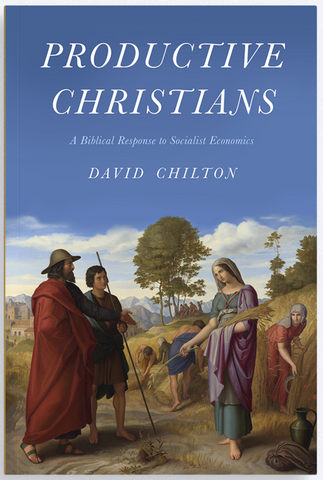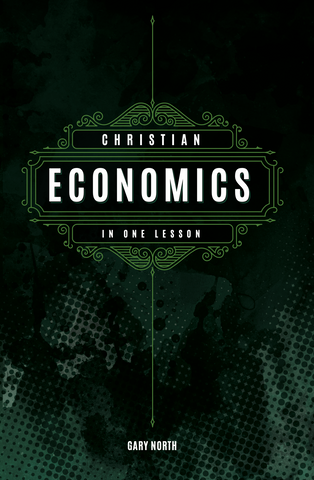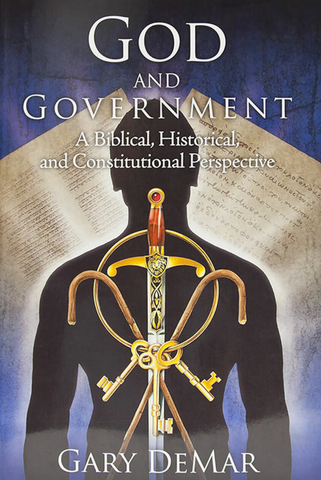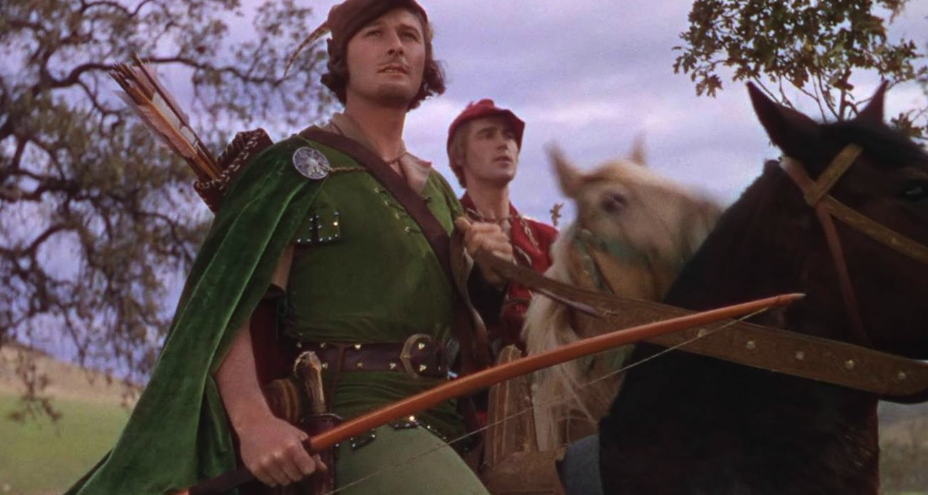“A little government and a little luck are necessary in life, but only a fool trusts either of them.” — P. J. O’Rourke
The “One Big Beautiful Bill Act (OBBBA) has been widely criticized by Democrats and Leftist groups as a “reverse Robin Hood” policy that disproportionately benefits the wealthy while cutting essential support for lower-income Americans. “The top 1 percent of taxpayers paid a 23.1 percent average rate, six times higher than the 3.7 percent average rate paid by the bottom half of taxpayers…. The top 50 percent of all taxpayers paid 97 percent of all federal individual income taxes, while the bottom 50 percent paid the remaining 3 percent.” (Source)
Most Americans, and this includes those who run for office, don’t know much about taxation or history. That’s why we get politicians who run campaigns based on falsehoods. They know that most voters are ignorant of so much. Much of the blame lies at the feet of our purposely dumbed down education system. High IQs do not necessarily translate into knowledge or wisdom.
Gary North tells a story about law school preparation.
My friend Bertel Sparks taught at Duke Law School for years. For his entering students, he passed out an essay on property written by [William] Blackstone. It was from Commentaries [on the Laws of England], published in 1765. It was the law book for English lawyers. He had them discuss the essay in the following class. They always had great difficulty. The essay was over their heads. Then he would hold up the source of the essay: the Sixth McGuffey Reader. He said this exercise stomped the arrogance out of them early. (Source)
Also check out The Atlantic article “The Elite College Students Who Can’t Read Books.” It’s no wonder, therefore, that the claim is often made that Robin Hood and his merry men stole from the rich to give to the poor and that somehow if we empower people through government to do the same, equality will be established. Nearly half-a-million voters in New York City believe this because they voted for self-avowed socialist Zohran Mamdani.
Trillions of dollars have been taken from income earners over the years in the so-called “War on Poverty.” We now have more poor people dependent on the government for income than we’ve ever had, and the Democrats are calling for more subsidies. When you subsidize a behavior, you get more of that behavior and a lot of fraud and waste.
I was listening to a comedy routine by Bob Newhart. He told how he once worked for the government unemployment office where he made $60 each week. Those coming in to receive their unemployment checks were making $55 each week. It didn’t take him long to figure out that working 40 hours for $60 was a lot less than spending around two hours (traveling and standing in line) to make $55 without having to pay taxes on the money received from government programs.
Taxing corporations and high-income earners disproportionately does not grow the economy. Like an increase in the cost of electricity, rent, and salaries, the added fees and taxes will be added to the expense ledger and will be paid by consumers. Those calling for new taxes are asking for a tax on themselves.
It’s not enough to free the economy from envy and political theft through legislation.

Productive Christians in an Age of Guilt Manipulators
In Productive Christians: A Biblical Response to Socialist Economics, David Chilton tells us why. He not only exposes the follies and fallacies of socialism, but he also systematically outlines the biblical alternative — an alternative that lays the groundwork for real justice, progress, prosperity, and freedom for the rich, the poor, and everyone in between. First published nearly half a century ago, it is more relevant and more prescient than ever. Chilton’s crystalline prose and take-no-prisoners style is as entertaining as it is informative. This is the way books on economic issues should be written: biblical, understandable, and practical.
Buy NowWe must also remove the favoritism that often accompanies subsidies to individuals in the name of social justice. Thomas Woods, Jr., senior fellow of the Ludwig von Mises Institute and New York Times bestselling author of The Politically Incorrect Guide to American History, reveals the real problem:
The last thing we need is a larger, more centralized version of what we have now. Our problem isn’t greedy people or bad personnel. Every society and every period of world history have had those. The problem is the system itself.
An excellent moral case can be made for a genuinely free economy, one not subject to the cronyism and manipulation at the heart of the present system. The chief obstacle in the way of such an outcome is the central bank, the anomalous central planning agency at the heart of a free economy. We’ve been assured that the central bank has found a shortcut to prosperity by managing the economy with its highly touted macro tools and by second-guessing the interest rates to which the free interactions of individuals give rise. The result has been bubble after bubble and—contrary to popular belief—far more banking and currency crises and overall instability than was ever seen in the oft-misunderstood era that preceded the age of central banking.
The argument that greed and envy are the sole domain of the rich is misplaced and somehow politicians are immune to these sins. They aren’t. The following short clip of Milton Friedman, author of Free to Choose, being interviewed in 1979 by Phil Donahue is a good introduction to how no one is immune from greed and no one is good enough to make economic decisions for others: https://youtu.be/RWsx1X8PV_A
The best and most righteous economic system is “let’s make a deal” with the freedom of consenting entities to trade freely at whatever price is negotiated without government interference.

Christian Economics in One Lesson
Christian economics must begin with the issue of ultimate ownership. This sets it apart from modern economic analysis, which begins with the issue of scarcity. Second, this leads to the issue of theft, which in turn raises the issue of ethics. The ultimate form of causation in human history is ethical: right vs. wrong. Modern economists do not share this view. In fact, it goes beyond this. They openly reject it. They proclaim economic analysis as value-free—this is self-deception. It is a variation of an ancient temptation: “Hath God said?” Yes, He has. “Thou shalt not steal.”
Buy NowBut back to Robin Hood. The TV-show The Adventures of Robin Hood (1955-1960) ballad still rings in my head:
Robin Hood! Robin Hood! Riding through the glen!
Robin Hood! Robin Hood! With his band of men!
Feared by the bad! Loved by the good!
*****
They vowed to help the people of the king.
Who were the “bad” that feared Robin and his Merry Men? Who were those oppressing “the people of the king”? Who were the corrupt? It was the king and his government officials and their cronies. Robin Hood took back from the political powers of the day (and in some traditions of the story from corrupt clergymen) what had been taken from the people by the government. In the 1938 film The Adventures of Robin Hood, starring Errol Flynn, Claude Rains, and Basil Rathbone, the archer fought against the political tyrants of his day, most notably Prince John, Sir Guy of Gisbourne, and the sheriffs who extracted taxes from the common people to pay the king so he and his cronies could retain their political positions.

God and Government
Now thirty years later, American Vision has thoroughly renovated, revised, and updated Gary DeMar’s monumental work into this beautiful one-volume hardback. With a fresh new look, more images, an extensive subject and scripture index, and an updated bibliography, God and Government is ready to prepare a whole new generation to take on the political and religious battles confronting Christians today.
Buy NowThe fictional story of Zorro is like Robin Hood. He fought against political corruption. The peons are oppressed by the local government and his enforcer. Tyrone Power in the 1940 film The Mark of Zorro, is not dueling with a capitalist. Zorro went up against the corrupt new alcalde’s enforcer played by Basil Rathbone. Watch the sword fighting scene here: https://youtu.be/p_hlyLvlqy8
In Kelo v. City of New London (2005), the Supreme Court, in a 5-4 decision, ruled that municipalities can use the government’s eminent domain power to aid private parties by taking private homes, land, and businesses for private commercial development, in essence creating a reverse Robin Hood effect to generate additional tax revenue.

